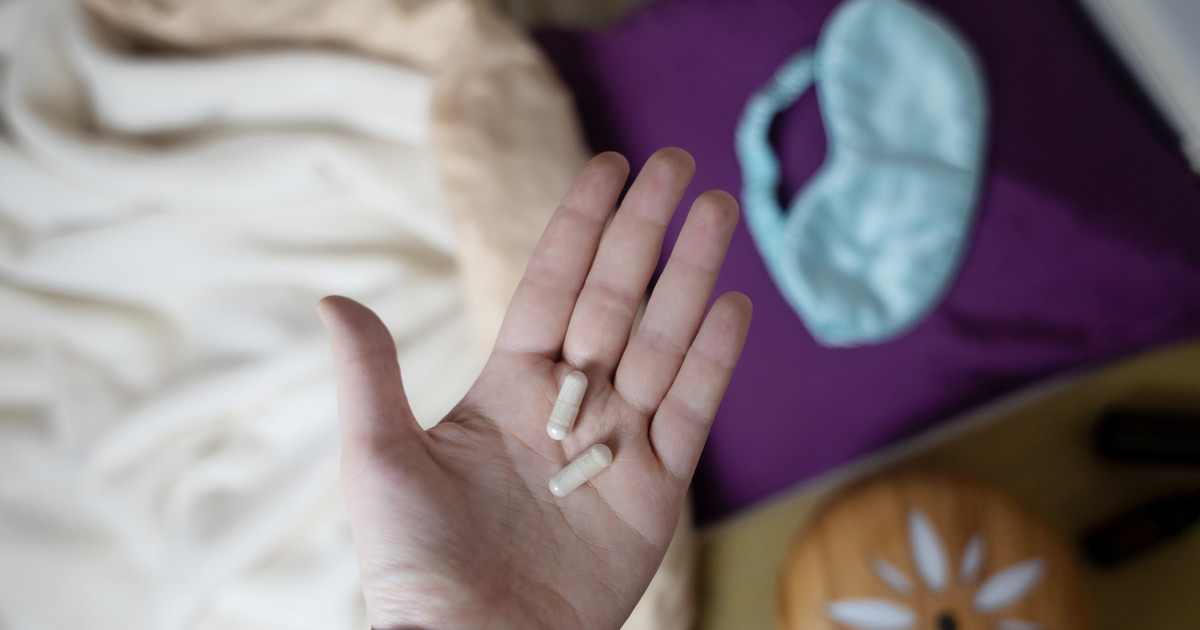Copyright Men's Journal

If you’ve ever struggled with sleep, you’ve likely been advised to try melatonin—a hormone naturally produced by the body to regulate sleep-wake cycles. Melatonin supplements are widely available over the counter in the U.S., but despite their reputation as a sleep aid, little is known about their long-term cardiovascular effects. A new study, set to be presented at the American Heart Association’s Scientific Sessions 2025, suggests long-term melatonin use in adults with chronic insomnia may be associated with increased risks of heart failure, hospitalization, and death. The study reviewed five years of electronic health records for over 130,000 adults diagnosed with insomnia. Participants who had used melatonin for at least a year were compared with a matched group of insomnia patients who had never taken the supplement. People with preexisting heart failure or who had used other sleep medications were excluded. Long-term melatonin users had about a 90 percent higher chance of developing heart failure over five years compared with non-users. They were also nearly 3.5 times more likely to be hospitalized for heart failure and almost twice as likely to die from any cause during the same period. “Melatonin supplements are widely thought of as a safe and ‘natural’ option to support better sleep, so it was striking to see such consistent and significant increases in serious health outcomes, even after balancing for many other risk factors,” said Ekenedilichukwu Nnadi, MD, lead author of the study, in a news release. Researchers note that melatonin is not officially indicated for chronic insomnia in the U.S., and its mass availability can lead to prolonged use without medical guidance. Still, there’s no need to panic. Researchers emphasize the need for further study to understand melatonin’s potential heart risks fully. Nevertheless, anyone considering long-term melatonin use should consult a healthcare professional to discuss strategies for improving sleep, including lifestyle changes, sleep hygiene, and medical alternatives.



